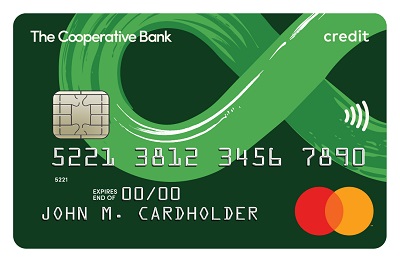CreditCardsCompare.co.nz (Credit Cards Compare NZ) is not a credit card provider and does not provide financial advice, we only provide factual and general information on our website to help you find the
best credit card to suit your needs. Any financial advice that may be provided on this website is merely passed on from the credit card provider and does not take into account your personal circumstance. If you are unsure, seek independent professional advice before taking out a credit card.Credit Cards Compare NZ includes many but not all credit cards in NZ on our website. We may receive a commission for advertising/promoting certain credit cards and products on our website.
© Copyright 2022 operated by Credit Cards Compare NZ (ABN 14936155671)









